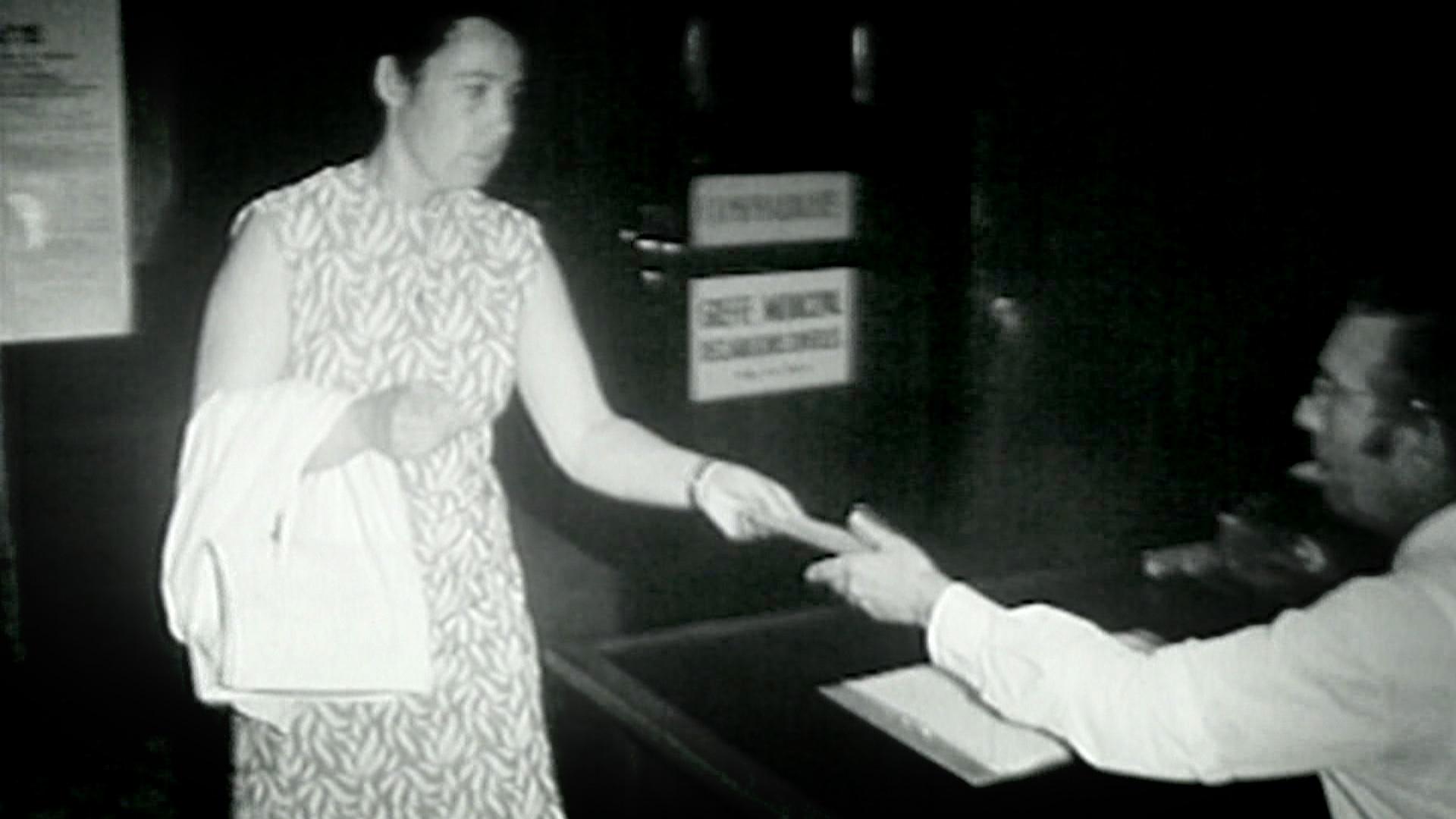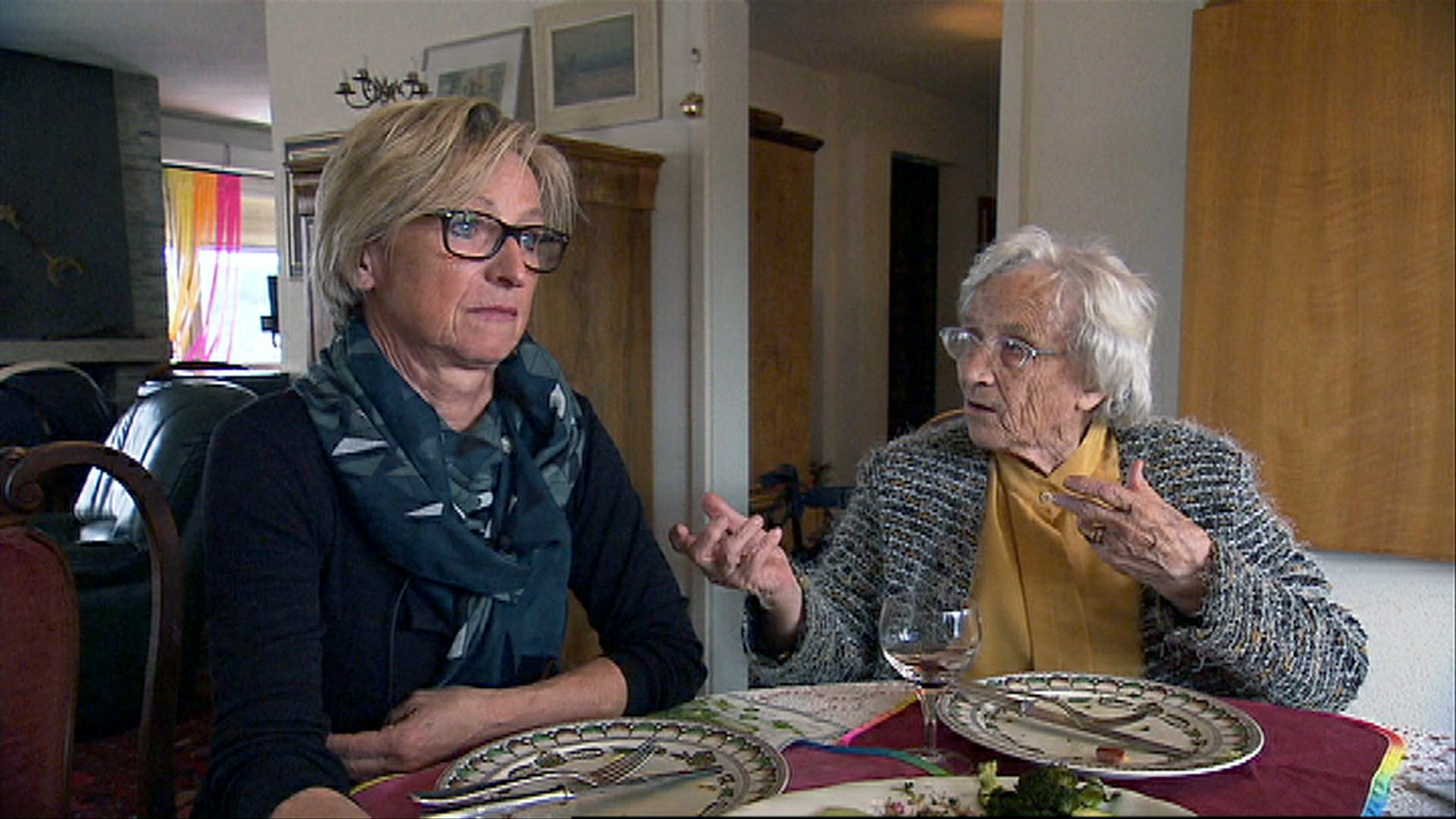
Switzerland’s viral Trump video: the hidden facts

A satirical video about Switzerland aimed at US President Donald Trump, which swept the internet last week, made a number of claims about the Alpine nation. Some were true, some “took inspiration” from the truth and some were “post truth” purely for comic effect. Putting aside the video’s most subjective claims, we look at some of the main points.
The basis for the video – made by a late night comedy show on Swiss Public Television, SRF – was to set out why Switzerland should be “second” in the world order, if America is “first” – a claim famously made by Trump.
1. Switzerland didn’t let women vote until 1971. In some places, not until 1990
True. Switzerland was one of the last countries in Europe to give women the right to vote. A national referendum had to be held to bring about the change in the constitution needed to grant women suffrage. In 1971, the vote passed and women could join men at the ballot box for votes at a federal level. Different cantons granted women the right to vote at different times, with Appenzell Inner-Rhoden holding out until 1990, when a Federal Court decision forced the canton to allow women to cast their votes.

More
Swiss women, voting since 1971
2. We also like to ride horses and burn things
The video makes reference to the controversy that erupted during Donald Trump’s election campaignExternal link, where he was endorsed by prominent far-right figures and showed what was criticised as indifference to the Ku Klux Klan. The specific mention of “riding horses and burning things” in this video refers to the annual Sechseläuten celebration in Zurich (which has absolutely no connection to the KKK). The tradition in its current form is a festival dating back to 1867. Members of Zurich’s guilds parade through the city and then gather at a square, where they ride horses around a large pyre. The fire is topped with an exploding snowman effigy called the Böögg, which “predicts” how good the summer will be.
3. We have no Mexicans here
Yes, we do. The Mexican Embassy in Bern estimates that at least 4,000 Mexicans live in Switzerland.
4. Switzerland wins Eurovision every year
Switzerland has won Eurovision twice. In 1956 (the inaugural contest) with Lys Assia and in 1988 with Céline Dion.
5. Switzerland invented the Smart car
Partly true. The idea originally came from Nicolas Hayek, the former head of Swiss watch company, Swatch. He wanted to make a small and affordable car, similar in concept to the famous watches. He eventually partnered with Mercedes BenzExternal link to get the car made and sold.
6. Exit – “if you’re old and ill they come and kill you”
Exit is one of the assisted suicide organisations in Switzerland. Under Swiss law, assisted suicide is allowed when people commit the act themselves and helpers have no vested interest in their death. Assisted suicide has been legal in Switzerland since the 1940s. Dignitas is another Swiss organisation that provides assisted suicide.

More
Who decides when it’s time to go?
7. The Jews gave the Swiss gold for safe-keeping during World War II. The unclaimed funds, saved by victims of the Holocaust, were melted down
The handling of funds and gold stored for safekeeping in Swiss banks during the war is a highly controversial chapter of Swiss history.
An independent commission of expertsExternal link led by historian Jean-François Bergier was established by the Swiss government in 1996 to undertake an investigation into various aspects of the country’s conduct during and after the war.
It found evidence of the Swiss central bank buying Nazi gold and Jewish refugees being turned away from the borders. According to United States judge Edward Korman, the Bergier Commission identified “a conspiracy among the Swiss banks to stonewall heirs of survivors who were making claims to Swiss bank accounts and, specifically, those which had been improperly transferred to the Nazis”.
In 2013, 15 years after the Nazi Gold controversy, Korman confirmed that around $1.3 billion (CHF1.2 billion) had been paid to Holocaust survivors and descendants.
You can contact the author of this story on FacebookExternal link or Twitter, @jofahyExternal link.

In compliance with the JTI standards
More: SWI swissinfo.ch certified by the Journalism Trust Initiative
































You can find an overview of ongoing debates with our journalists here . Please join us!
If you want to start a conversation about a topic raised in this article or want to report factual errors, email us at english@swissinfo.ch.